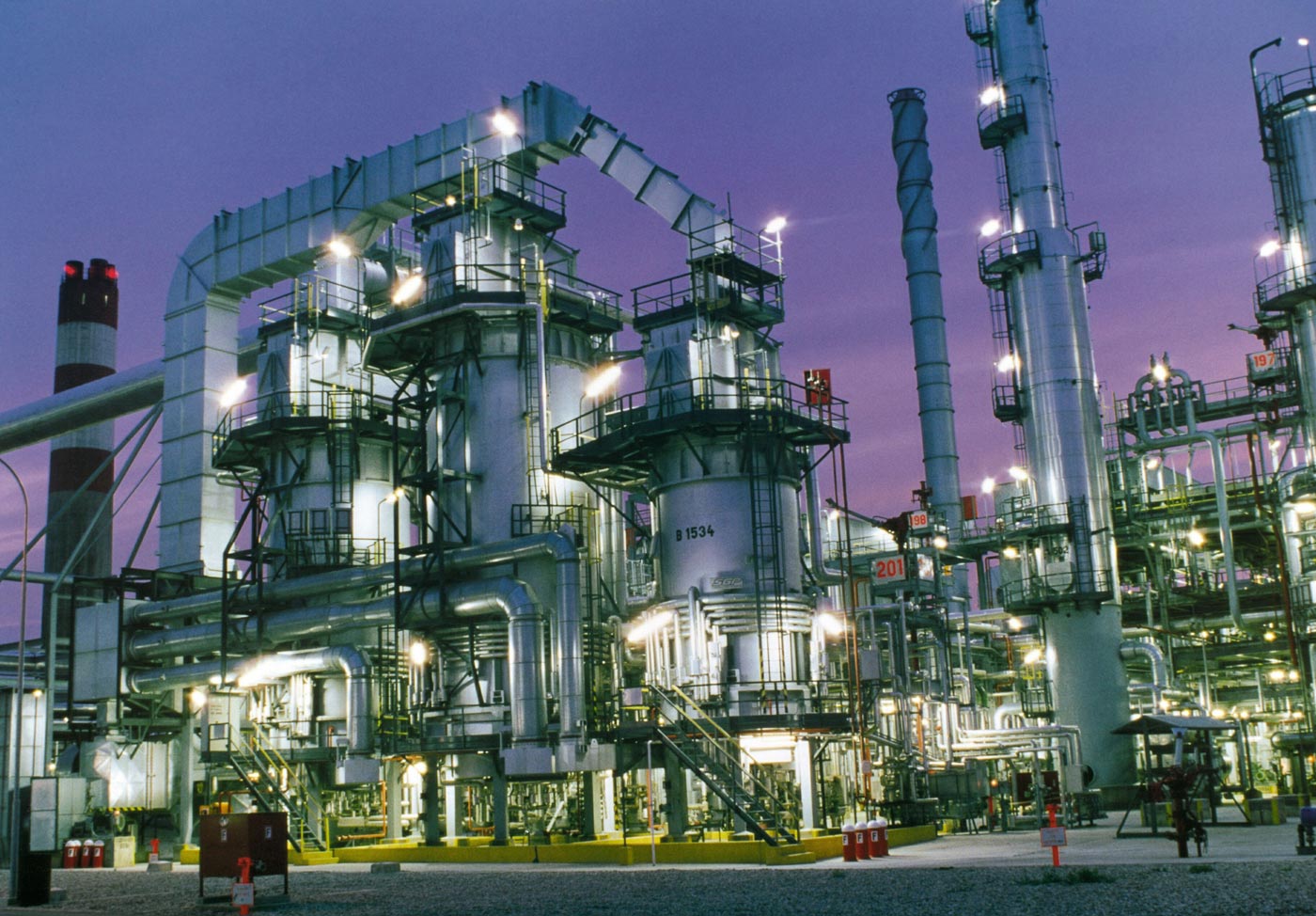ABUJA, Nigeria – The Economic and Financial Crimes Commission (EFCC) has arrested former managing directors and senior executives of Nigeria’s three state-owned refineries in connection with an alleged multibillion-dollar fraud involving the rehabilitation of the country’s long-dormant oil processing facilities.
Sources within the anti-graft agency confirmed to Saturday PUNCH that the investigation targets the misuse of a staggering $2.96 billion released over recent years for the refurbishment of the Port Harcourt Refining Company (PHRC), Warri Refining and Petrochemical Company (WRPC), and Kaduna Refining and Petrochemical Company (KRPC).
The breakdown of the funds under investigation includes $1.56 billion for the Port Harcourt plant, $741 million for Kaduna, and $657 million for Warri.
Arrested officials include Mr. Ibrahim Onoja (former MD of PHRC) and Efifia Chu (former MD of WRPC), among others.
The arrests come days after the Nigerian National Petroleum Company Limited (NNPCL) dismissed all three refinery bosses, citing poor performance and safety lapses.
This includes a renewed shutdown of the Warri refinery barely a month after its heavily publicised restart.
According to EFCC insiders, the arrest of one former managing director led to the discovery of approximately ₦80 billion in various personal accounts.
“This could surpass the scale of the Emefiele scandal,” one source said, referencing the ongoing high-profile investigation involving the former Central Bank governor.
“The arrest and interrogation of the refinery heads is part of a broader probe into how nearly $3 billion was spent, yet the refineries remain largely non-functional,” the EFCC official told Saturday PUNCH.
“The Nigerian people have been misled. We are asking: where is the money, and where is the fuel?”
The EFCC’s dragnet also includes the immediate past Group Chief Executive Officer of NNPCL, Mele Kyari.
A leaked EFCC memo dated April 28, 2025, lists Kyari alongside 13 other senior officials, including Abubakar Yar’Adua, Isiaka Abdulrazak, and Umar Ajiya.
The agency has requested certified salary and emolument records from the NNPCL to aid its investigation.
Despite multiple requests, NNPCL spokesperson Olufemi Soneye declined to comment on the arrests and investigations.
Both the Port Harcourt and Warri refineries, which resumed operations in late 2024 after decades of dormancy, are currently producing at well below optimal capacity—or not at all.
Port Harcourt is said to be operating at just 42% of capacity, while the $897 million Warri refinery was shut down in January due to safety concerns in its crude distillation unit.
Contrary to government claims of producing millions of litres of petrol daily, industry insiders and fuel marketers say there’s no visible activity at either facility.
“Since the so-called recommissioning in January, we have not lifted a single litre from the Warri refinery,” said Harry Okenini, Delta State Chairman of the Independent Petroleum Marketers Association of Nigeria.
Further complicating the situation, plant support staff at the Warri refinery are preparing to go on indefinite strike from May 5, citing poor pay, casualisation, and broken promises.
Their representative, Dafe Ighomitedo, said workers were promised improved conditions once the plant restarted—an assurance yet to materialise.
Energy analysts expressed alarm at the depth of the alleged deception. Kelvin Emmanuel told Arise News, “These refineries were never intended to run.
What Nigerians saw on TV was a charade.”
Emmanuel said the $2.96 billion spent could have built a modern 60,000 b/d refinery from scratch.
“The WRPC and PHRC don’t even have the infrastructure to convert naphtha to PMS. The pipelines meant to supply crude are out of service. There is nothing to show for the money,” he said.
Dan Kunle, another expert, added that the Federal Government failed to involve the original Japanese builders of the refineries due to insecurity, opting instead for local contractors at inflated costs.
“Kaduna has no crude supply pipeline. How do you rehabilitate a refinery you cannot feed?” Kunle asked, describing the entire effort as a waste of public funds.
The Petroleum Products Retail Outlet Owners Association of Nigeria (PETROAN) called for a fresh investigation into the true status of the refineries.
PETROAN President Billy Gillis-Harry said the association previously believed the plants were operational based on technical evaluations conducted during a visit.
“If they’ve stopped working again, then we must reassess. Nigerians deserve to know the truth,” he said.
Meanwhile, fuel retailers warned that product shortages and price fluctuations would persist if the government does not urgently resolve the crisis.
“Private depots are exploiting us with daily price changes,” Okenini said.
“We need transparency and functionality from the government facilities.”







![Honouring a Rare Soul: Celebrating the Life of AVM Terry Omatsola Okorodudu [MUST READ] Air Vice Marshal Terry Omatsola Okorodudu](https://www.thetrentonline.com/wp-content/uploads/2026/01/Joan-and-Bidemi-Okorodudu-The-Trent-100x70.jpg)